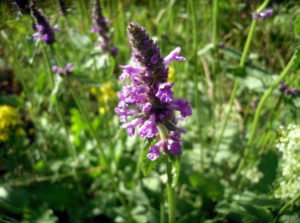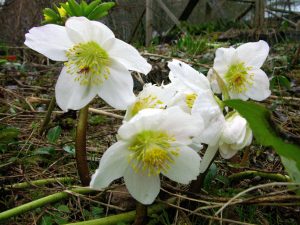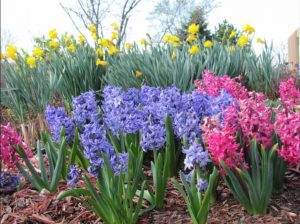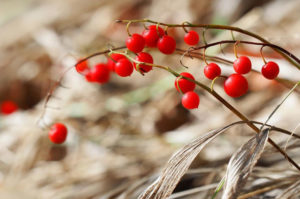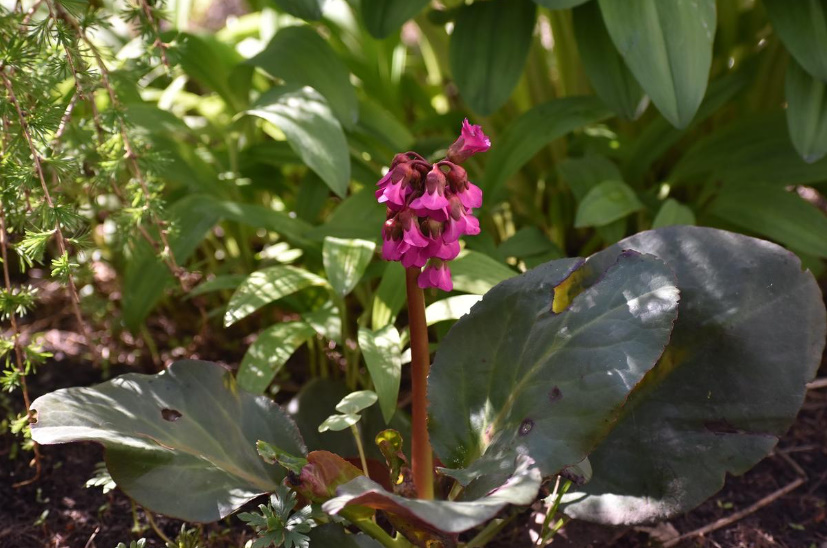
Bergenia crassifolia is an ornamental plant popular with gardeners, the healing properties of which have been known since ancient times. A variety of garden varieties and hybrid forms of this plant are grown in suburban areas.
Useful properties of badan
The rhizomes of Bergenia crassifolia are used as medicinal raw materials. Tea from blackened (naturally fermented) leaves that have overwintered under the snow also has useful properties. This tea is called Mongolian, or chigirsky. It is not only pleasant to the taste, but also perfectly restores strength, has a restorative, tonic effect.
The rhizomes of badan are characterized by a high content of tannins and polyphenols; they also contain the glycoside arbutin, isocoumarin, glucose, sucrose, essential oil, and other substances. The main useful properties of the rhizomes of badan are due to the tannins and arbutin included in their composition.
Preparations of badan (infusions, decoctions, extracts) have anti-inflammatory, bactericidal, antimicrobial, antiseptic, astringent, hemostatic, antispasmodic effects, contribute to lowering blood pressure, strengthening capillaries, increasing heart rate.
Decoction of rhizomes is used for inflammatory diseases of the gastrointestinal tract as an astringent and anti-inflammatory agent. Infusion and aqueous extract are used in gynecological practice — with heavy menstruation, uterine bleeding (for oral administration), colpitis, cervical erosions (solutions for douching).
In addition, folk medicine recommends infusions of rhizomes for flu, colds, headaches, and an extract for rinsing for stomatitis, gingivitis, periodontal disease, sore throats; powder from dry rhizomes is sprinkled with hard—to-heal wounds and ulcers.
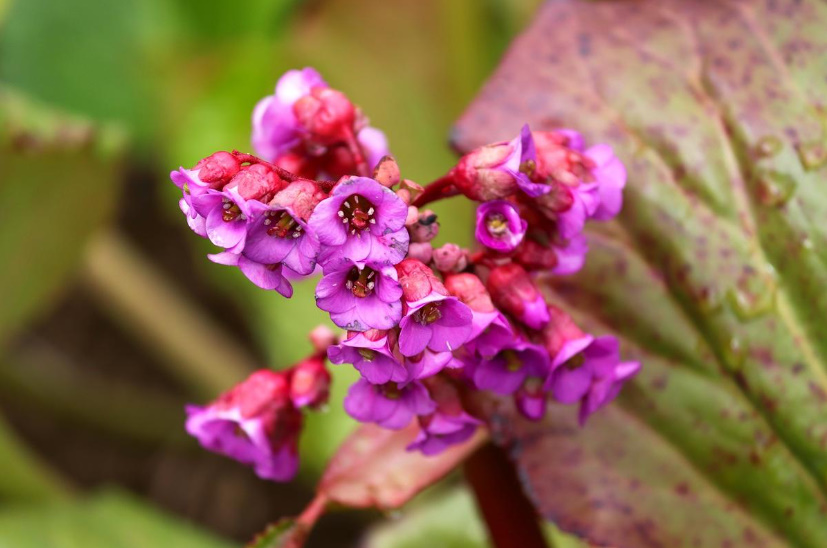
Rhizomes are harvested in July-August. The excavated raw materials are quickly washed with cold water and dried in the open air, and then dried in a dryer. Dry rhizomes are stored for up to 4 years.
Contraindications to the use of dietary supplements
There are no contraindications for the external use of dietary supplements, but those who have a tendency to constipation and the formation of blood clots should not take them inside.
